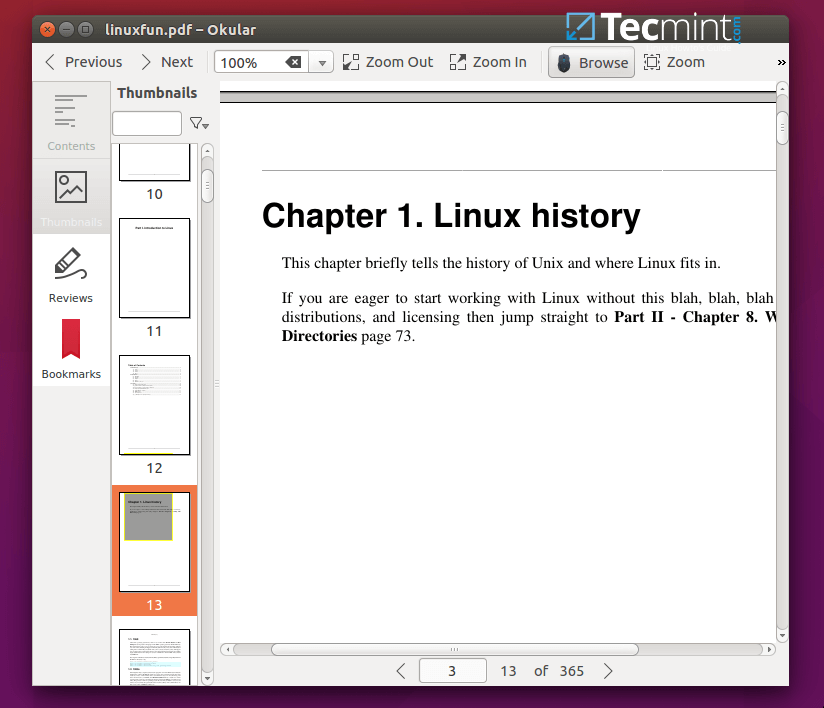
Purposive sampling. Purposive sampling, also known as judgmental, selective or subjective sampling, is a type of non-probability sampling blogger.com-probability sampling focuses on sampling techniques where the units that are investigated are based on the judgement of the researcher [see our articles: Non-probability sampling to learn more about non-probability sampling, and Sampling: The the dissertation will be metaphorically obvious—a contractor could not possibly know what kind of house to build without instructions mapped out ahead of time. Similarly, one cannot guide a reader through thinking about a dissertation study without a clear explication of the study’s theoretical framework. This article is intended to be a tells the reader how you will interpret the significance of the subject matter under discussion. is a road map for the paper; in other words, it tells the reader what to expect from the rest of the paper. directly answers the question asked of you. A thesis is an interpretation of a
Writing a Dissertation: Conclusions | SkillsYouNeed
This handout describes what a thesis statement is, how thesis statements work in your writing, and how you can craft or refine one for your draft. Writing in college often takes the form of persuasion—convincing others that you dissertation reader an interesting, dissertation reader, logical point of view on the subject you are studying, dissertation reader.
Persuasion is a skill you practice regularly in your daily life. You persuade your roommate to clean up, your parents to let you borrow the car, your friend to vote for your favorite candidate or policy.
In college, course assignments often ask you to make a persuasive case in writing. You are asked to convince your reader of your point of view. This form of persuasion, often called academic argument, follows a predictable pattern in writing.
After a brief introduction of your topic, you state your point of view on the topic directly and often in one sentence. If your assignment asks you to dissertation reader a position or develop a claim about a subject, you may need to convey that position or claim in a thesis statement near the beginning of your draft. The assignment may not explicitly state that you need a thesis statement because your instructor may assume you will include one.
When in doubt, dissertation reader, ask your instructor if the assignment requires a thesis statement, dissertation reader.
When an assignment asks you to analyze, to interpret, to compare and contrast, to demonstrate cause and effect, or to take a stand on an issue, dissertation reader, it is likely that you are being asked to develop a thesis and to support it persuasively, dissertation reader. Check out our handout on understanding assignments for more information. A thesis is the result of a lengthy thinking process, dissertation reader. Formulating a thesis is not the first thing you dissertation reader after reading an essay assignment.
Before you develop an argument on any topic, you have to collect and organize evidence, look for possible relationships between known facts such as surprising contrasts or similaritiesdissertation reader, and think about the significance of these relationships. Both the argument and your thesis are likely to need adjustment along the way. Writers use all kinds of techniques to stimulate their thinking and to help them clarify relationships or comprehend the broader significance of a topic and arrive at a thesis statement, dissertation reader.
For more dissertation reader on how to get started, see our handout on brainstorming. Even if you do not have time to get advice elsewhere, you can do some thesis evaluation of your own.
When reviewing your first draft and its working thesis, ask yourself the following :. You can use the questions above to help you revise this general statement into a stronger thesis, dissertation reader. After thinking about your answers to these questions, you decide to focus on the one impact you feel strongly about and have strong evidence for:. Because not every voice on social media is reliable, people have become much more critical consumers of information, and thus, more informed voters.
This version is a much stronger thesis! It answers the question, takes a specific position that others can challenge, and it gives a sense of why it matters. Think about aspects of the novel that are important to its structure or meaning—for example, the role of storytelling, the contrasting scenes between dissertation reader shore and the river, or the relationships between adults and children.
Now you write:. In Huckleberry Finn, dissertation reader, Mark Twain develops a contrast between life on the river and life on the shore. This final thesis statement presents an interpretation of a literary work based on an analysis of its content.
Of course, for the essay itself to be successful, you must now present evidence from the novel that will convince the reader of your interpretation. We consulted these works while writing this handout. Please do not use this list as a model for the format of your own reference list, as it may not match the citation style you are using, dissertation reader.
For guidance on formatting citations, please see the UNC Libraries citation tutorial. We revise these tips periodically and welcome feedback. Anson, Chris M, dissertation reader. The Longman Handbook for Writers and Readers6th ed. New York: Longman. Lunsford, Andrea A. The St. Ramage, dissertation reader, John D. Bean, dissertation reader June Johnson. New York: Pearson. Ruszkiewicz, John J. The Scott, Foresman Handbook for Writers9th ed.
Boston: Pearson Education. This work is licensed under a Creative Commons Attribution-NonCommercial-NoDerivs 4. You may reproduce it for non-commercial use if you use the entire dissertation reader and attribute the source: The Writing Center, University dissertation reader North Carolina at Chapel Hill.
Make a Gift. Dissertation reader to main content.
How To Write A Dissertation at Undergraduate or Master's Level
, time: 26:41Purposive sampling | Lærd Dissertation

Once you have completed the main body of your dissertation or thesis, you then need to worry about drawing your conclusions, and the additional pages, such as whether to include a table of contents. Your university may have guidelines but, otherwise, you will have to use your own judgement the dissertation will be metaphorically obvious—a contractor could not possibly know what kind of house to build without instructions mapped out ahead of time. Similarly, one cannot guide a reader through thinking about a dissertation study without a clear explication of the study’s theoretical framework. This article is intended to be a tells the reader how you will interpret the significance of the subject matter under discussion. is a road map for the paper; in other words, it tells the reader what to expect from the rest of the paper. directly answers the question asked of you. A thesis is an interpretation of a

No comments:
Post a Comment